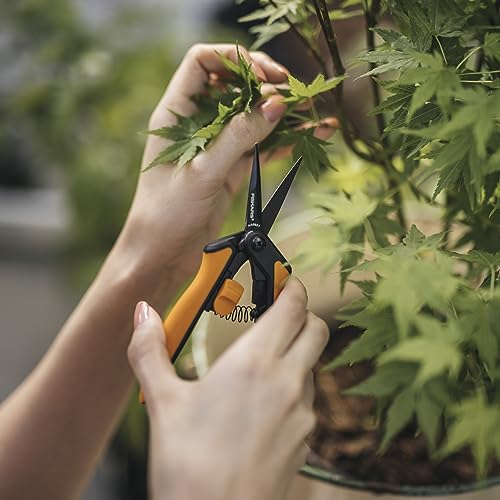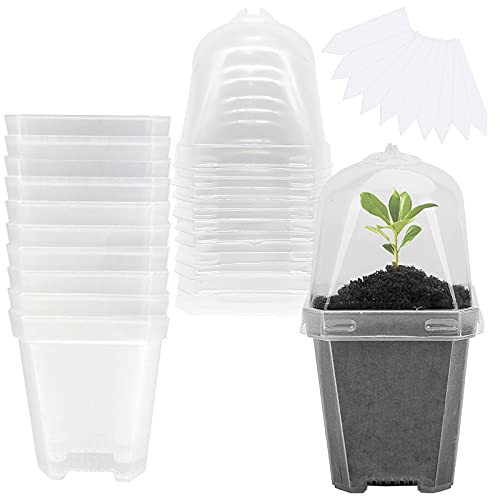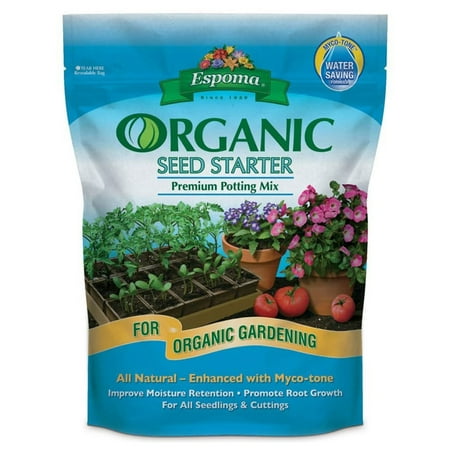Plants to take cuttings from in May – make it a productive month by getting lots of new plants for free
Prepare to make room for an influx of new plants as spring is an ideal time for softwood cuttings

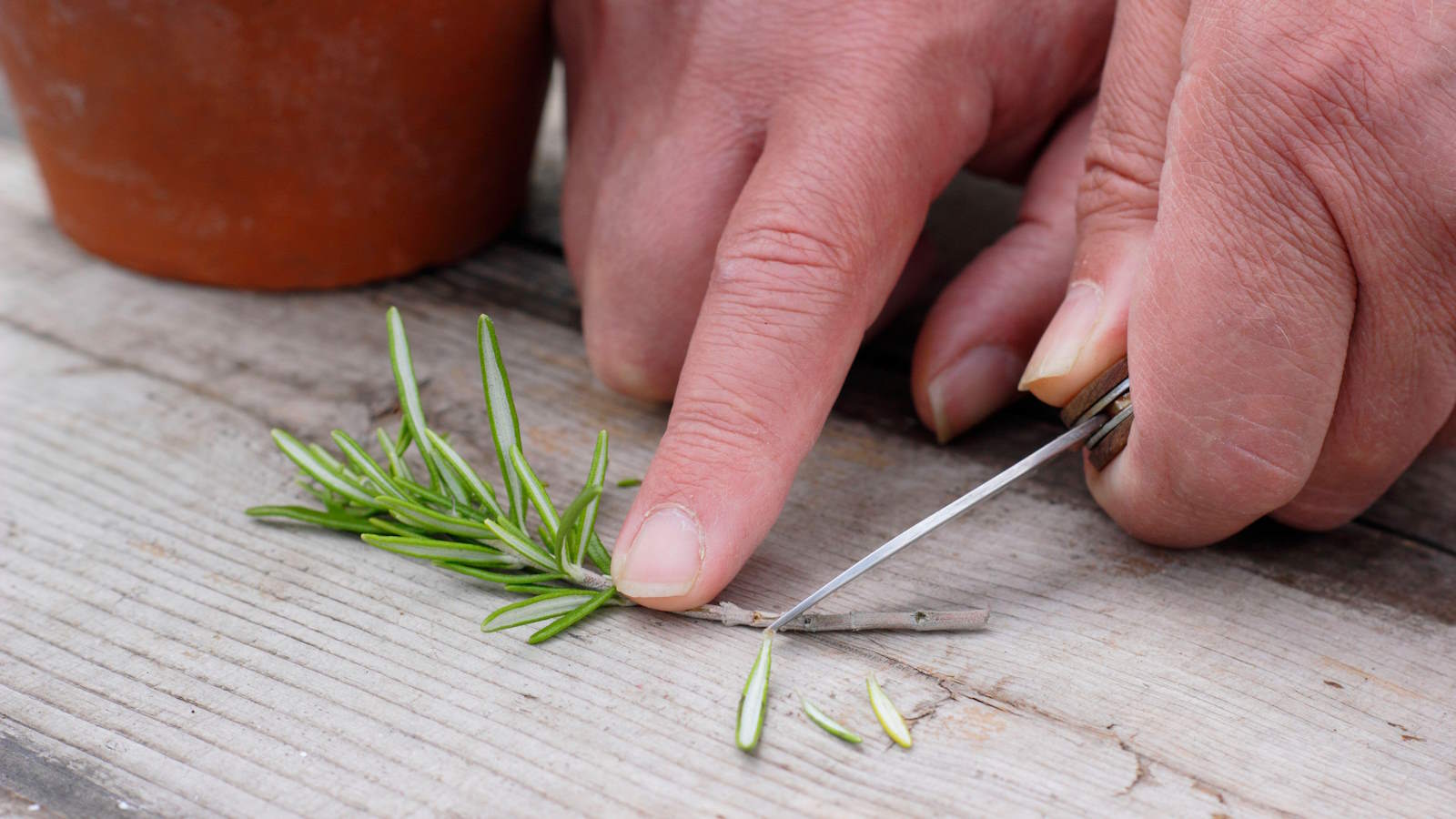
Who does not like free plants? And who does not like the satisfaction of propagating your own plants? You can combine those two simple joys by taking plant cuttings in spring to get yourself a haul of new plants to add to your garden.
Mid-spring is a fantastic time of year to take softwood cuttings and there is a huge list of plants to choose from that can be propagated in this way, including shrubs, perennials, herbs, and even some trees.
As the plants are growing rapidly in May, it means that cuttings are likely to root quickly. To inspire you to head out into the garden with some snips, lets take a look at some popular backyard plants that can be propagated by softwood cuttings this month. The only problem may be making enough space to house all these new cuttings.
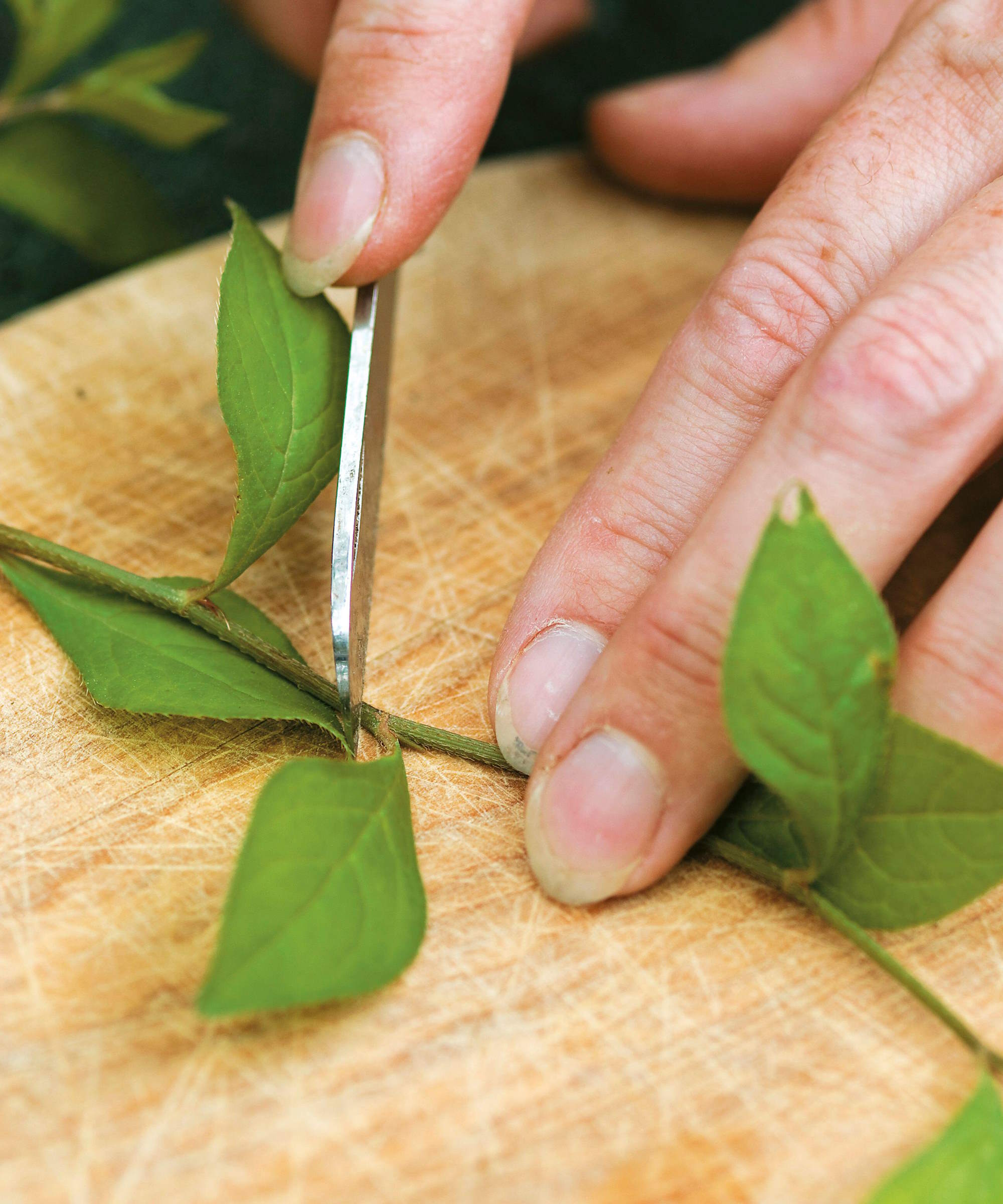
Quick tips for success with cuttings
Taking cuttings can be quite simple, but there are some key plant cuttings mistakes to avoid:
- Take the right part of the plant - the material must be new and fresh non-flowering growth from the current season that is pest and disease-free
- Take the cutting with the right tools - any cutting must be taken with clean garden tools, ideally a pair of clean and sharp pruning shears
- Care for them properly - place the cutting into a potting soil specially formulated for starting seeds or cuttings. Keep them moist, cover with a propagator lid or plastic bag, and place the cuttings in a bright spot, but out of direct sunlight
Shop supplies for taking softwood cuttings
Plants to propagate from softwood cuttings in May
Many plants can be propagated from softwood cuttings taken in May from the current season’s growth. Now that spring is here, the time is right to add taking cuttings of shrubs, perennials, herbs, and even trees, to your spring gardening checklist. Taking softwood cuttings in May should give you plants that can be potted up in summer and be ready to plant out into the garden come next spring.
Shrubs
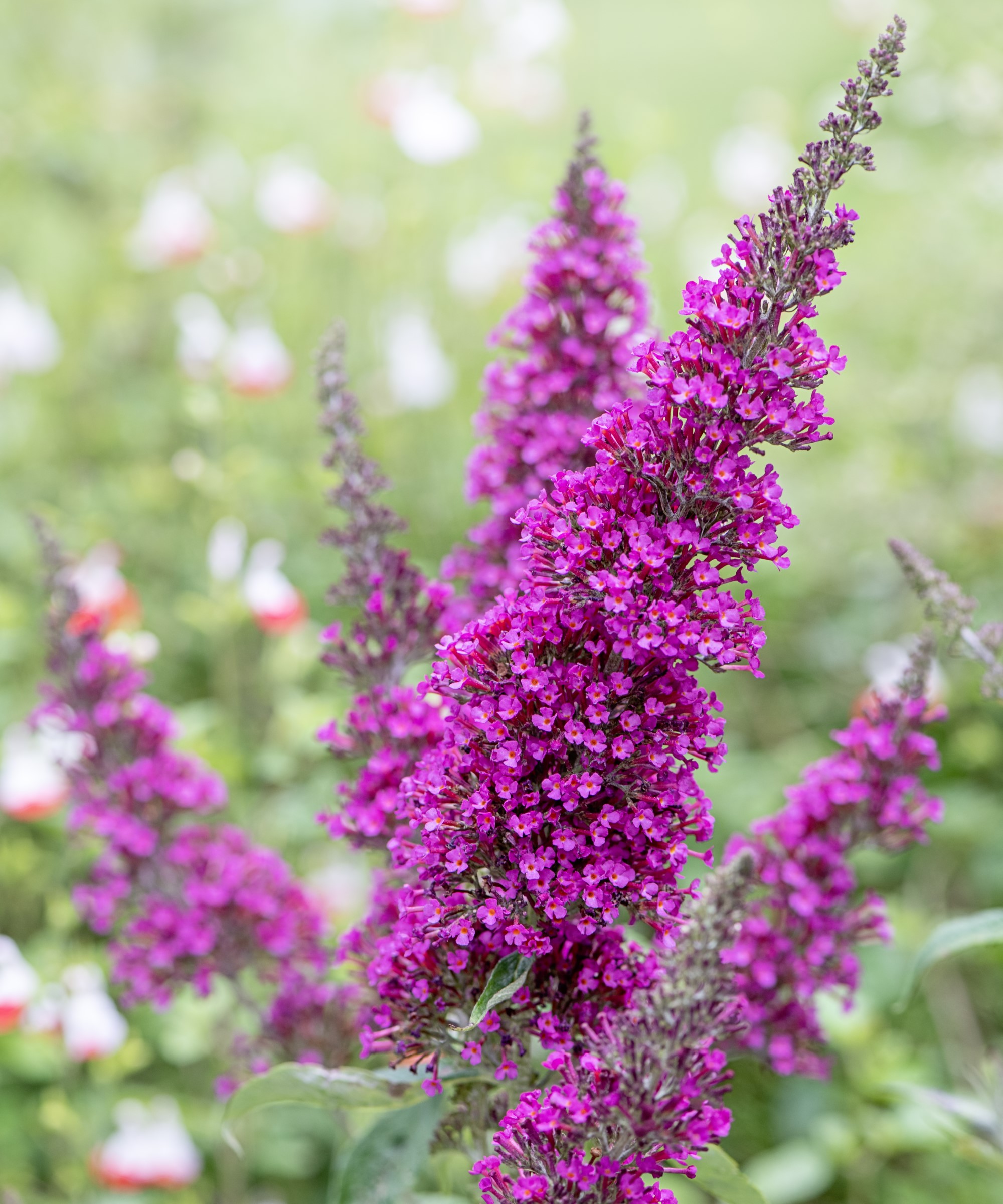
Deciduous flowering shrubs can offer beauty, texture, and structure to any garden. There are lots of fast-growing shrubs suitable for softwood cuttings from their new growth.
The stems need to be flexible and snap when they bend. Make sure the stems you pick for softwood cuttings are pliable and at the right stage of growth to root successfully, those too young will bend but not snap and older and woodier stems will not bend.
Design expertise in your inbox – from inspiring decorating ideas and beautiful celebrity homes to practical gardening advice and shopping round-ups.
There is a long list of shrubs that you can take cuttings from in May and it includes some very popular ones, such as hydrangea, butterfly bush, fuchsia, forsythia, spirea, perovskia, mock orange, and weigelia.
Herbs
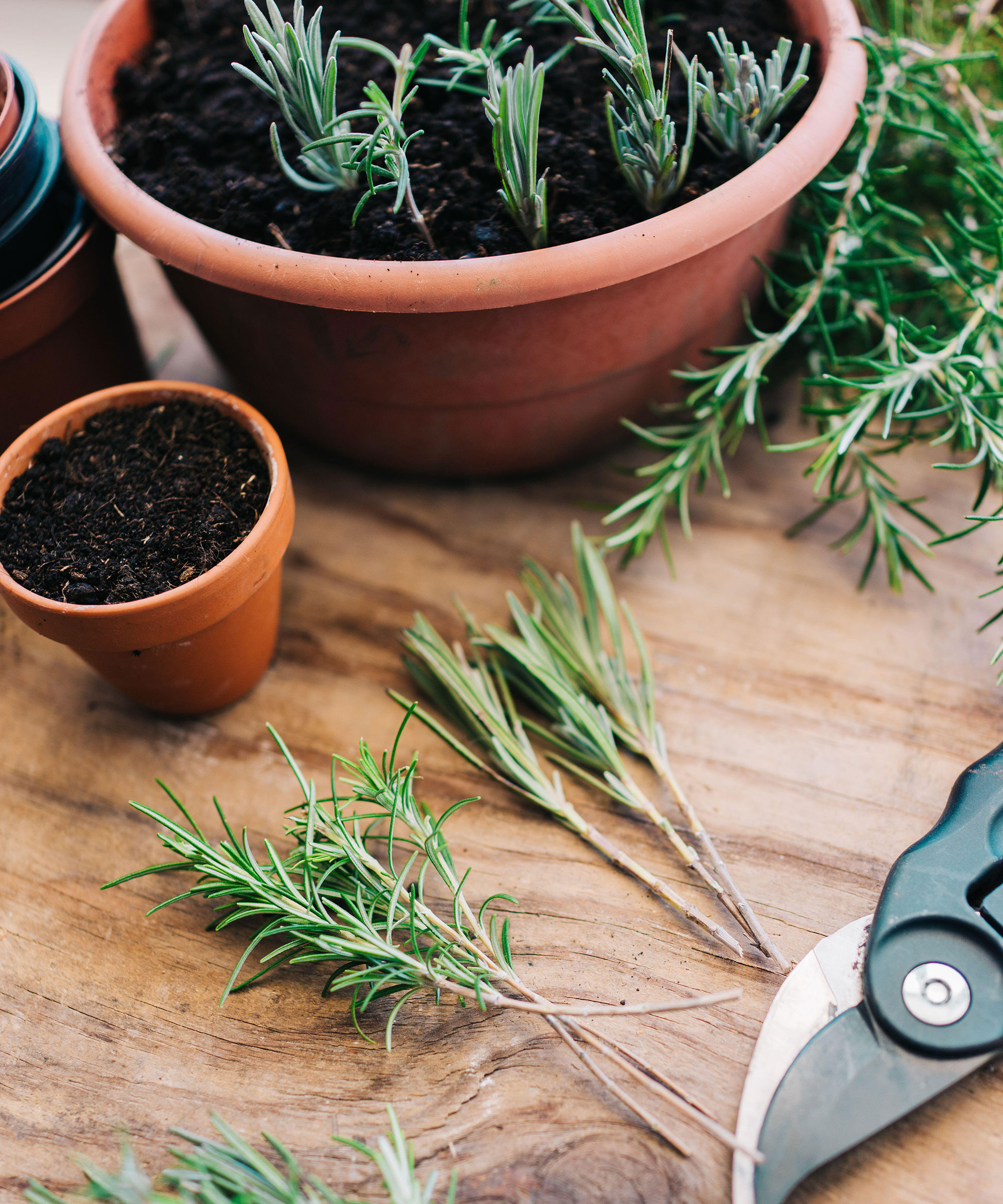
There are lots of plants in any herb garden that can be propagated from softwood cuttings to give you more plants to add to your garden or give away to family and friends. Many of the most popular aromatic herbs are prime candidates for softwood cuttings.
Whether you want to plant more herbs to boost your harvests for cooking, baking, for medicinal properties, or to use them as companion planting against pests, it can be quick and simple to gets lots of new herbs.
The list of herbs that are ideal for softwood cuttings include rosemary, sage, thyme, lavender, oregano, and savory.
Perennials
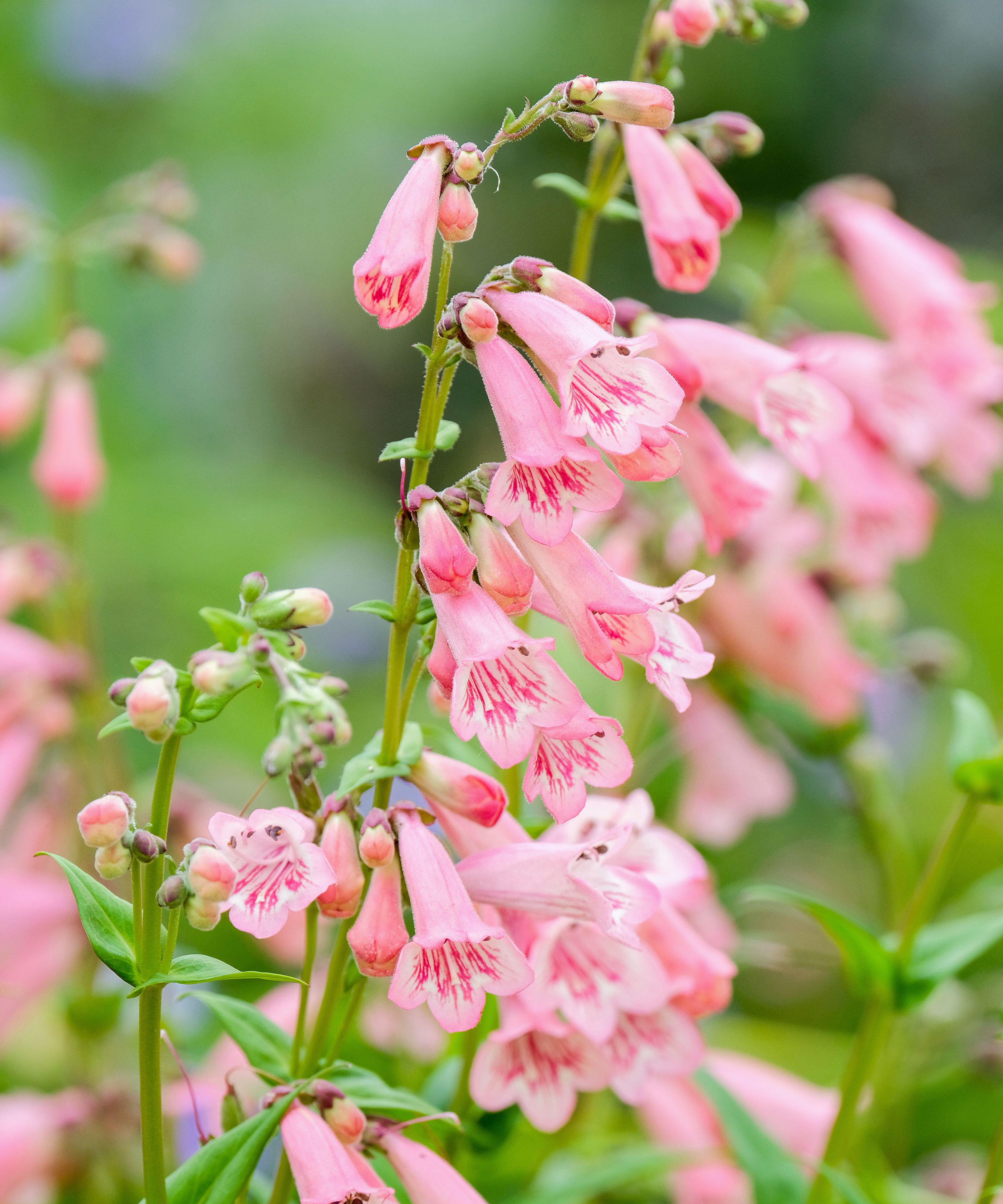
Perennials are hard-working plants that bring color year after year to any flower bed ideas. Coming in a wealth of shapes, heights, and colors, they can bloom for many months and be fantastic flowers to attract bees and other pollinators as part of a wildlife garden.
To boost your supply of perennials to plant a flower bed, you can buy new plants or there is the option to divide plants in spring or fall. Another alternative is to take cuttings of many popular perennial plants - both hardy and tender perennials.
So, what perennials are prime to take softwood cuttings from this month? The potential list includes penstemon, osteospermum, verbena, chrysanthemums, pelargoniums, aubretia, heuchera, and coleus.
Trees
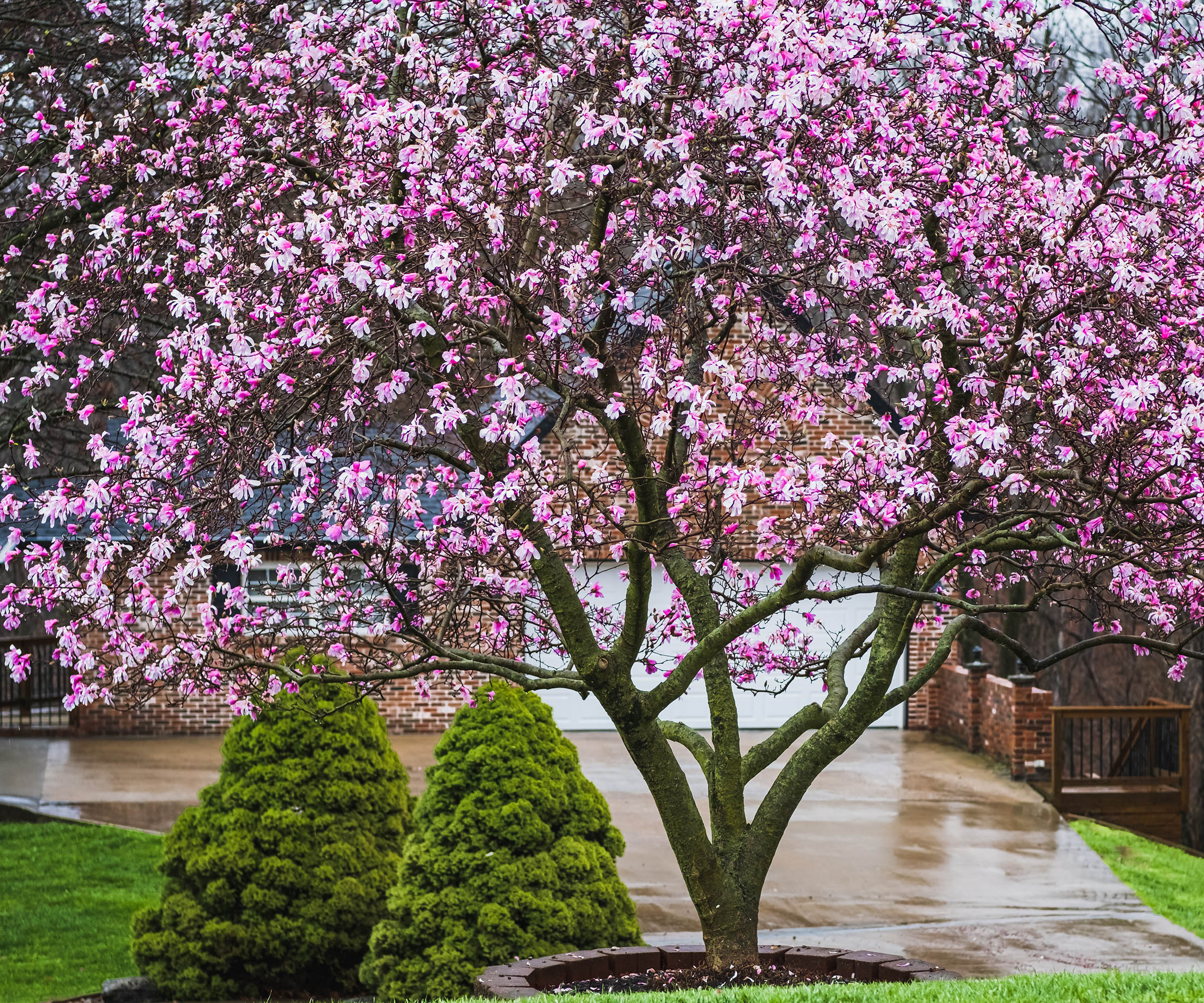
It might surprise many that some trees can be propagated via softwood cuttings. It is normally a method preferred for shrubs and perennial plants, but many types of trees can be grown this way by following the same rules when selecting pieces of new growth for cuttings.
Birch, magnolia, maples, willow, crab-apple, and some fruit trees can be propagated from cuttings in spring.
It may not be the most common way of propagating trees when compared to hardwood cuttings, budding, or grafting, but it can certainly be worth trying. And May is an ideal time to experiment with taking softwood cuttings from many of your favored trees.
FAQs
Can you take geranium cuttings in May?
Tender geraniums, known as pelargonium, are different to hardy geraniums and these colorful tender plants are popular as summer additions to borders, pots, and hanging baskets. The plants are not frost-hardy, so can fall victim to cold weather if you do not overwinter geraniums indoors.
However, you can propagate pelargoniums by cuttings to boost your collection - and May is a good month to do this. You can have new pelargoniums flowering next year by taking cuttings in spring. The plants grow 12 months a year and cuttings can be taken at any time, however, spring is a good time as there is heat and warmth to help the cuttings root.
While you may have to wait for flowers from any cuttings taken this month, there are ways to add some quick color to your backyard for the intervening period. It includes planting perennial flowers in May for years of flowers to come and sowing annual flowers in May for fast-growing bursts of color in this summer’s beds and borders.

Drew has worked as a writer since 2008 and was also a professional gardener for many years. As a trained horticulturist, he worked in prestigious historic gardens, including Hanbury Hall and the world-famous Hidcote Manor Garden. He also spent time as a specialist kitchen gardener at Soho Farmhouse and Netherby Hall, where he grew vegetables, fruit, herbs, and cut flowers for restaurants. Drew has written for numerous print and online publications and is an allotment holder and garden blogger. He is shortlisted for the Digital Gardening Writer of the Year at the 2025 Garden Media Guild Awards.
